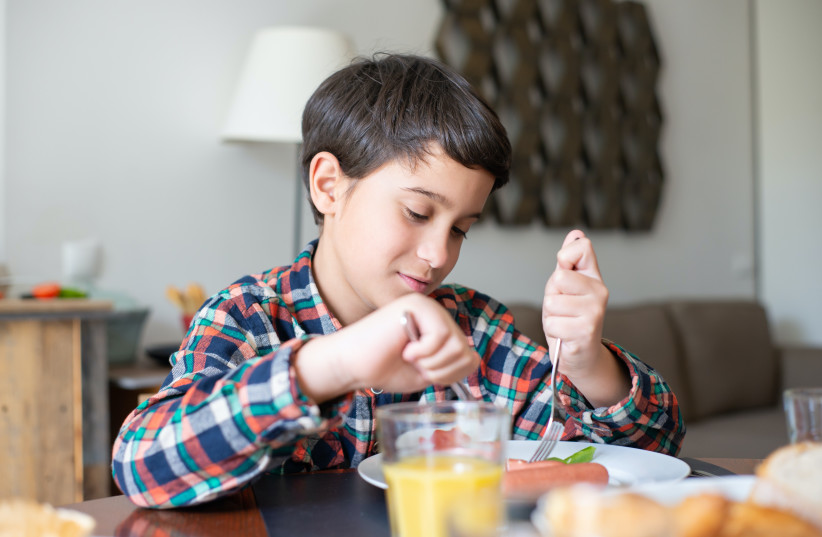Breakfast is known as the most important meal of the day, but many choose to skip it due to lack of time, eating habits or lack of appetite. Now, a new study has found that when it comes to kids they really should eat breakfast because kids who skip it are three times more likely to develop behavioral problems including anxiety, low self-esteem and simply feeling bad.
Researchers surveyed parents of 3,700 Spanish children aged four to fourteen to see how eating habits affected their mental health. They also found that eating breakfast in cafes increases the risk of having certain problems as compared to eating at home.
The authors said skipping breakfast can cause problems because then kids can't get enough nutrients during the rest of the day, which drains them of energy. The study's editor Dr. Jose Francisco López-Gil of the University of Castilla-La Mancha in Cuenca said kids should eat breakfast every day to minimize risks.
Lopez-Gil said that the study showed that eating breakfast at home with healthy foods is key since skipping breakfast or eating at a cafe is associated with an increased likelihood of psychosocial behavior problems in kids and teens. Similarly, having certain foods or beverages might cause behavioral problems.
The parents of kids in the study were asked if their kids ate or skipped breakfast and where. They were also asked what their kids ate and drank. Items included hot chocolate, tea, milk, yogurts, eggs, cheese, and bacon.

Bread, toast, cookies and pastries were other options on the questionnaire along with fruit, juice and other foods. Finally, they were asked questions about their kids' behavioral and social problems.
The survey asked if the children had any of the 25 listed problems, including hyperactivity, emotional problems or difficulties with friends. Researchers took the sum of the answers across the 25 questions to give scores for behavioral problems.
They also recorded age, sex, region and immigrant status to ensure that these factors didn't influence results.
The analysis showed that kids who skipped breakfast were 3.29 times more likely to develop behavioral problems than those who didn't. Those who ate, but at cafes were 2.06 times more likely to suffer from behavioral problems than those who ate at home.
Researchers suggested that breakfasts eaten in cafes and restaurants were less healthy, which could lead to problems.
Is this the most nutritious meal?
And of course, not only if they ate but what influences results: missing breakfasts with carbs like toast and cereal increased the chance of behavior problems by 31%. In comparison, eating breakfast without eggs, cheese or bacon (cereal and milk for example) reduced the risk of developing problems by 44%.
Researchers said that finding that eating breakfast in cafes is associated with greater psychosocial health problems is an innovative aspect of the study. The data reinforce the need to promote eating breakfast-at home- is part of a healthy lifestyle.
Also, carbs and dairy should be eaten but not eggs or bacon which are rich in saturated fat and cholesterol, to help reduce psychological health problems in young people.
